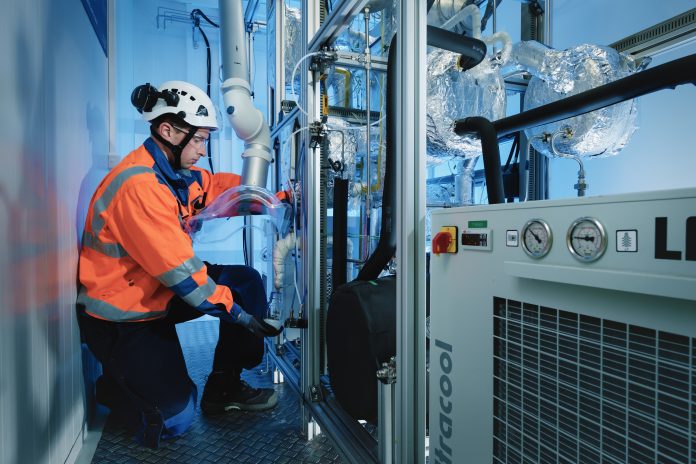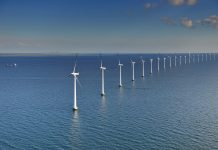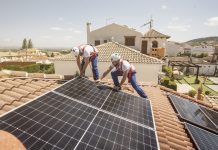The Horizon 2020 project COMSYN, presents a technology that is the next step towards competitive low carbon energy solutions for a sustainable future
Demand for advanced biofuels is increasing rapidly and new production solutions are needed.
The EU Renewable Energy Directive II (REDII) sets out to increase the share of renewable energy, part of which concerns the transport sector. The overall target is that 32% of the EU’s gross final energy consumption and 14% of the energy used in the transport sector will be from renewable sources by 2030. The REDII also sets a binding sub-target of 3.5% for the use of advanced biofuels produced from specified feedstocks such as lignocellulosic residues and waste.
Moreover, the use of food and feed crops and used cooking oil (UCO) feedstocks for biofuels as part of the renewable energy target is limited. In 2019, the consumption of advanced biofuels was approximately 3 Mtoe in the EU and 80% of it constituted of UCO based biofuels. The EU countries plan to increase the consumption of advanced biofuels based on feedstocks other than UCOs to 8 Mtoe by 2030. Several international institutes have estimated that the consumption of advanced biofuels in the Europe will reach 10-25 Mtoe by 2030 and 50-140 Mtoe by 2050. Hence, investments for lignocellulosic based biofuel production are needed to cover the future demand for biofuels.
Compact gasification and synthesis process for transport fuels
The EU-funded COMSYN project develops a new biomass-to-liquid (BtL) production concept by combining the benefits of decentralised primary conversion of biomass with the economies of large-scale and mature technology of existing oil refinery capacity. The innovative advances in the biomass gasification, gas cleaning and Fischer-Tropsch synthesis technologies allow feasible transformation of various kinds of biomass residues into high-quality biocrude oil in small-to-medium scale units situated close to biomass resources. By integrating these primary conversion units to local heat and power production, energy efficiency of 80% in biomass utilisation is achieved. The products from the primary conversion will be refined into high quality drop-in liquid transport fuels at existing oil refineries.
The technical aim of the COMSYN project was the validation of the entire process train from biomass gasification to transport fuel in pilot scale. This was realised as three test campaigns with the piloting facilities of VTT at Bioruukki Research Centre in Espoo, Finland, and further upgrading of the liquid intermediates to fuels at UniCRE, the Research Centre of Orlen UniPetrol in Litvínov, Czech Republic. During the three-week-long test campaigns, three feedstocks (bark, forest residue and straw) were gasified and the obtained raw gas was upgraded to ultra-clean synthesis gas. By utilising the intensified Fischer-Tropsch technology of INERATEC GmbH, a total of 170 kg of biocrude oil and wax was produced for the refinery studies. The data obtained from the validation campaigns provided a solid foundation for the development of the business concepts and commercialisation of the COMSYN process.
Business concepts in selected areas
The prerequisites for a feasible business concept are the availability of low cost feedstocks, heat sales and suitability of the produced biocrude to be processed in refineries located within feasible transport distance.
The feasibility of the COMSYN process has been studied in Northern and Central European conditions. In the Nordics, the planned raw material is wood-based residues and waste. Wood-based residues are available as by-products from pulp and sawmills. Typically, these residues are used for the site’s energy production and any excess is sold to other consumers. If used as feedstock for biocrude production, the production process can utilise low cost raw material and the excess heat from the process can be utilised in the respective pulp or sawmill.
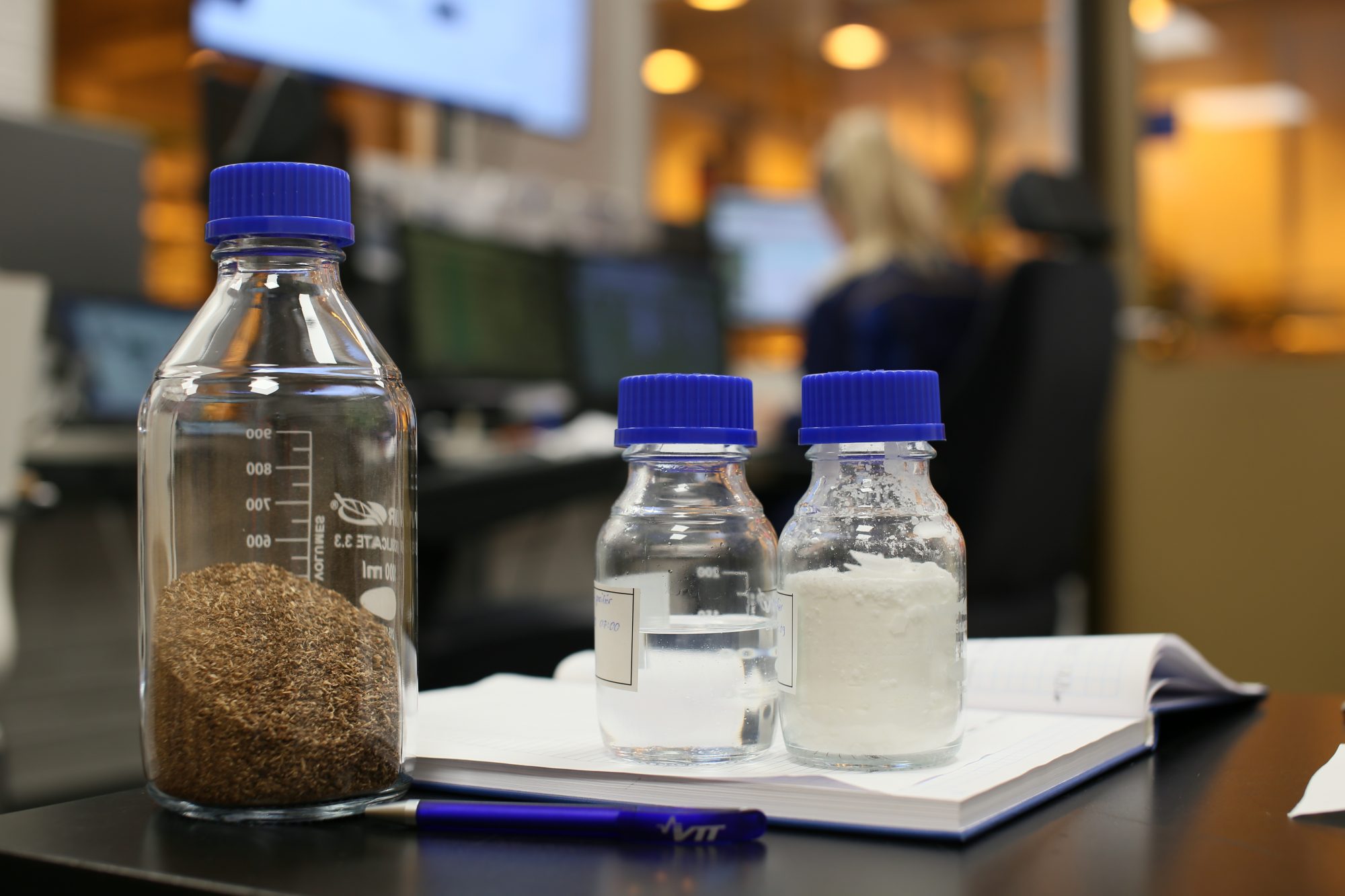
The process could also be adapted to urban conditions by utilising different locally available waste streams as feedstock and providing district heating for the city. The refineries containing the hydrocracking unit and HVO unit nearby are estimated to be the most suitable refineries for biocrude refining and such refineries can be found in the Nordic countries. The estimated size of the gasification unit is 150-200 MW for pulp mill and utility CHP related concepts and 80 MW for a sawmill. The respective biocrude production amounts would be 25-50 kt/a.
In Central European conditions (Czech Republic, Poland, Germany), raw material for the process could be straw that is estimated to be available and increasing its utilisation for energy and biofuel purposes, is on the agenda in several countries. The excess heat from the process would be utilised for district heating or process industry purposes. Due to REDII targets, there is a large need to replace fossil fuel based heat production with renewable energy sources and industrial waste heat. The feasible gasification unit sizes are estimated to be 150-200 MWth and resulting biocrude production 40-50 kt/a with a cost of 1.06 €/L. In this case, the biocrude (total 200 kt/a) would be transported for co-processing to the Litvínov refinery of Orlen UniPetrol.
All scenarios forecasting the fuel consumption within the EU in 2050 require more biofuels than can be produced with the existing technologies. The COMSYN process concept is a flexible and feasible option to utilise European biomass residues for high-quality transport fuels. The successful technical validation of the process and the through business studies provide excellent starting points for the commercialisation of the COMSYN technology.
COMSYN is a four-year EU Horizon 2020 project that lasts from 2017 to 2021 with a budget of €5.1 million. The project Consortium consists of seven partners from four different countries combining research institutes, SME and top-level European industry.
The project Consortium consist of: VTT, Coordinator (Finland), DLR (Germany), ORLEN UniCRE (Czech Republic), INERATEC (Germany), Wood (Italy), GKN Sinter Metals Filters GmbH (Germany) and AFRY (Finland).
For more information about COMSYN project visit the website: https://www.comsynproject.eu/
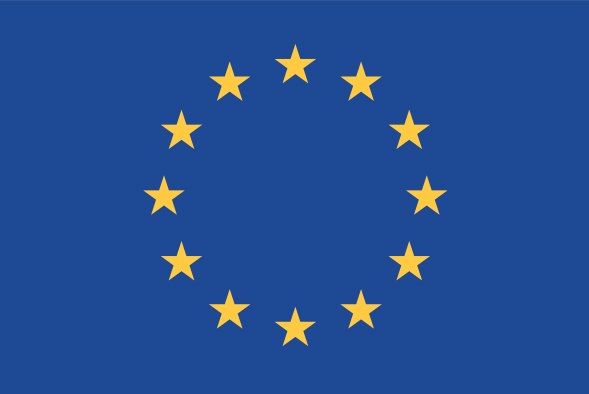
Compact Gasification and Synthesis process for Transport Fuels (COMSYN) has received funding from the European Union’s HORIZON 2020 Research programme under the Grant Agreement no. 727476.
*Please note: This is a commercial profile

